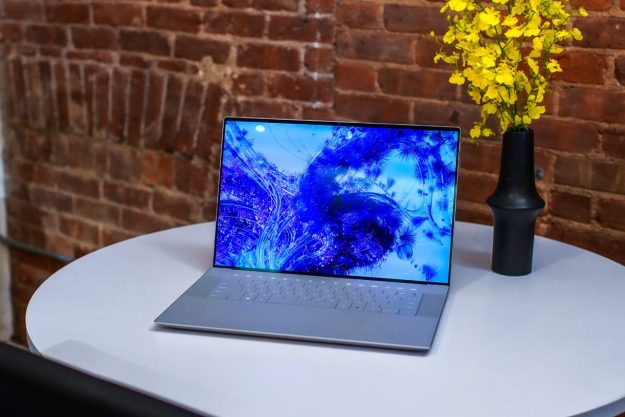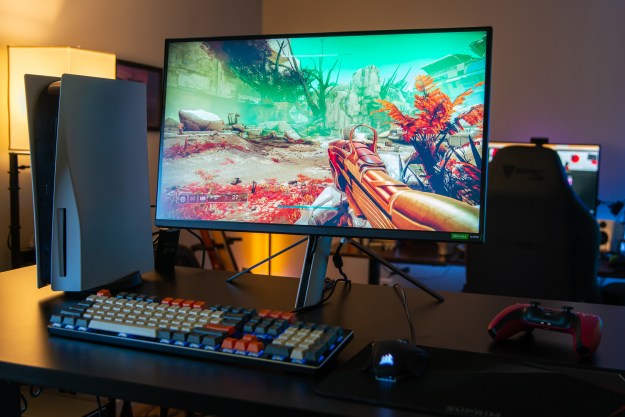More than 200 university programmers, from San Diego to Seoul, and from Wisconsin to Warsaw, have earned the right to compete at the most prestigious programming competition of its kind.
Seventy-eight teams of three students each will take part in the 29th Annual World Finals of the ACM (Association for Computing Machinery) International Collegiate Programming Contest (ICPC), April 3 – 7, 2005, in Shanghai, China. And, for the first time, in a separate POWER challenge, finalists will be able to build applications on IBM’s POWER-based IBM eServer Blue Gene supercomputer.
More than 4,100 teams worldwide entered in the contest’s regional competitions. Since IBM began sponsoring this event in 1997, it has grown five-fold, with this year’s regional contests drawing more than ten thousand participants from 71 countries on 6 continents. World Finals teams will need to solve eight or more complex, real-world programming problems, under a grueling five-hour deadline. The team that solves the most problems correctly in the least amount of time will emerge as the international champion, earning scholarships, IBM prizes, and bragging rights to the “world’s smartest” trophy.
The ACM sponsorship is a key component of IBM’s university-based initiatives, which are designed to stimulate high-value programming skills to develop a more competitive IT workforce capable of driving innovation and economic growth. In support of the National Innovation Initiative, IBM helps educational institutions by providing the technology and expertise to generate “in demand skills for an On Demand world;” technology grants for collaborative research to solve real-world problems; and recruitment channels to identify the best and brightest candidates for a diverse, innovative workforce.
Each year at the World Finals, the ACM-ICPC introduces new programming technologies and techniques in a fun and competitive way. This year’s contest, dubbed the Parallel Challenge, is designed to introduce programmers to POWER parallel computing technologies. Teams will be asked to create a parallel application and run it on a Blue Gene system in Shanghai. Known for their enormous speed, memory, storage capacity and number-crunching capabilities, IBM POWER-based parallel supercomputers have been used to solve some of the most difficult problems in physics, engineering, biology, geology and the environment.
“This event will give young programmers exposure to advanced programming environments, an experience that will help launch their careers in information technology,” said Dr. Gabby Silberman, Program Director, IBM Centers for Advanced Studies, and Sponsorship Executive. “Today, there is significant focus on the development of software that will run on parallel supercomputers. Giving student programmers access to Blue Gene is a rare opportunity to write an application capable of running on the world’s most powerful supercomputer. The Parallel Challenge is a great way to introduce these concepts in a game environment.”
A larger version of the Blue Gene system was ranked the world’s most powerful supercomputer in November 2004 with a peak speed of 70.72 trillion calculations per second, or teraflops (http://www.top500.org/). The architecture is also proving to be readily adaptable to a range of applications, simplifying application development to a new generation of scientists and engineers.
“The ICPC is the world’s most prestigious university competition in the computing sciences and engineering,” said Dr. Bill Poucher, ICPC Executive Director and Baylor University Professor. “IBM has partnered with the ICPC, ACM, and universities around the world to grow the competition to five times its size since 1997. In particular, we are excited to see each year’s World Champions setting new standards of excellence for their peers, our best and brightest student problem solvers.”
As part of IBM’s continuing commitment to education, the company will be working closely with team coaches to provide technology and software to universities, as well as learn more about how professors keep their curriculum current in today’s rapidly changing environment.
The 2004 ACM-ICPC World Finals took place in Prague, Czech Republic last March, where the St. Petersburg Institute of Fine Mechanics and Optics emerged as the world champion. For more information on the 2005 ACM Programming Contest, hosted by Shanghai Jiao Tong University, visit the contest Web site at http://icpc.baylor.edu/icpc/finals/default.htm.


